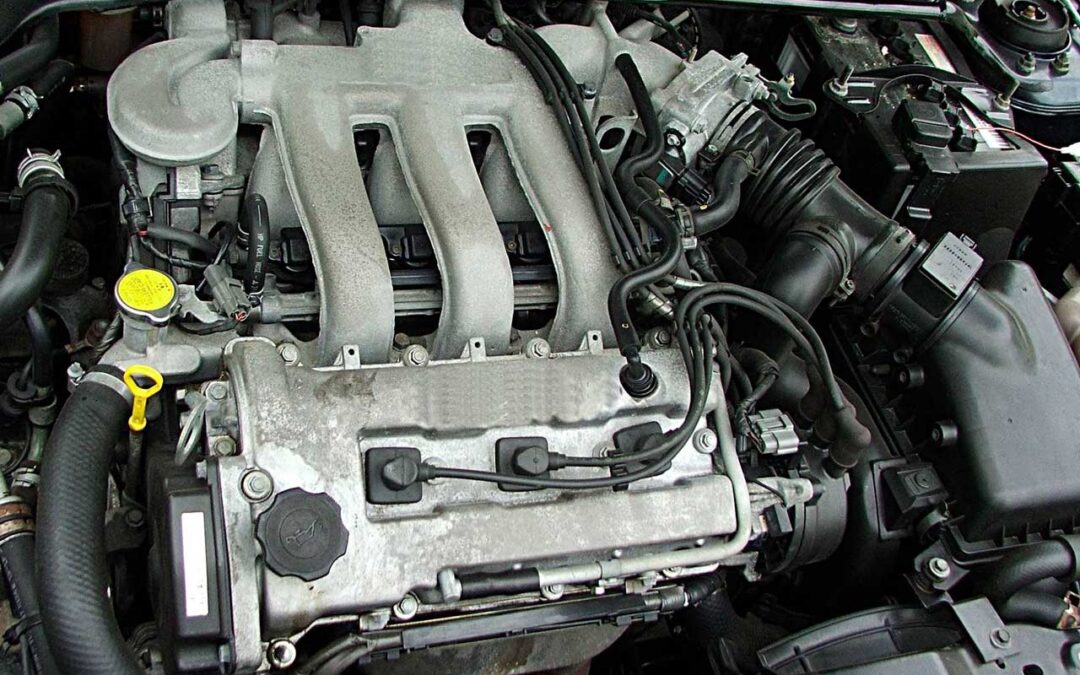Not All Spark Plug Wiring is Created Equal
Did you know that not all spark plug wiring is the same? As the name implies, spark plug wires work by transferring electricity to the plug to create a spark. The condition of these wires is crucially important to your vehicle. If they are damaged, the spark will escape and not reach its intended destination. This leads to engine misfires, poor miles per gallon, rough idles, hard starts and a general lack of power. It can even interfere with other parts of your vehicle, such as your radio or other electronics.
Insulation keeps this electricity from escaping. And not all spark plug wires are made high quality. Lower quality wiring will have less insulation and will be made of less durable materials. These particular wires can wear more easily from heat and vibration. It is generally recommended that you replace your spark plug wires every 100,000 miles. There are also 3 primary types of spark plug wires.
1. Distributed resistance wires
These are made of fiberglass-impregnated carbon, aka carbon core wires. This type of spark plug wiring is old school, used mostly on cars before 1980.
2. Mag wires, or magnetic resistance wires
Asian manufacturers made inductance wires like these popular. The material presented less resistance to the flow of electricity. They feature a spiral wound core or copper nickel alloy. They require less of a current to create a spark, and the spiral pattern helps prevent any Radio Frequency Interference from escaping.
3. Fixed resistor wires
These spark plug wires are found more often in European vehicles. They feature copper or steel wire inside of the plug boot. This controls interference.
If your vehicle is experiencing any of the issues listed above, check the condition of your spark plug wiring. If you believe it needs to be replaced, check your vehicle manual to make sure that you’re purchasing the specified type for your vehicle.

